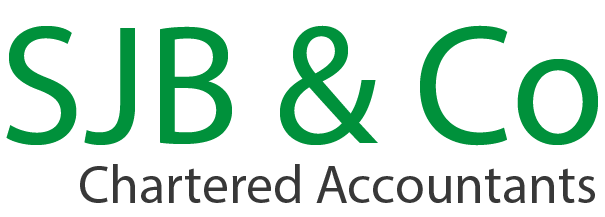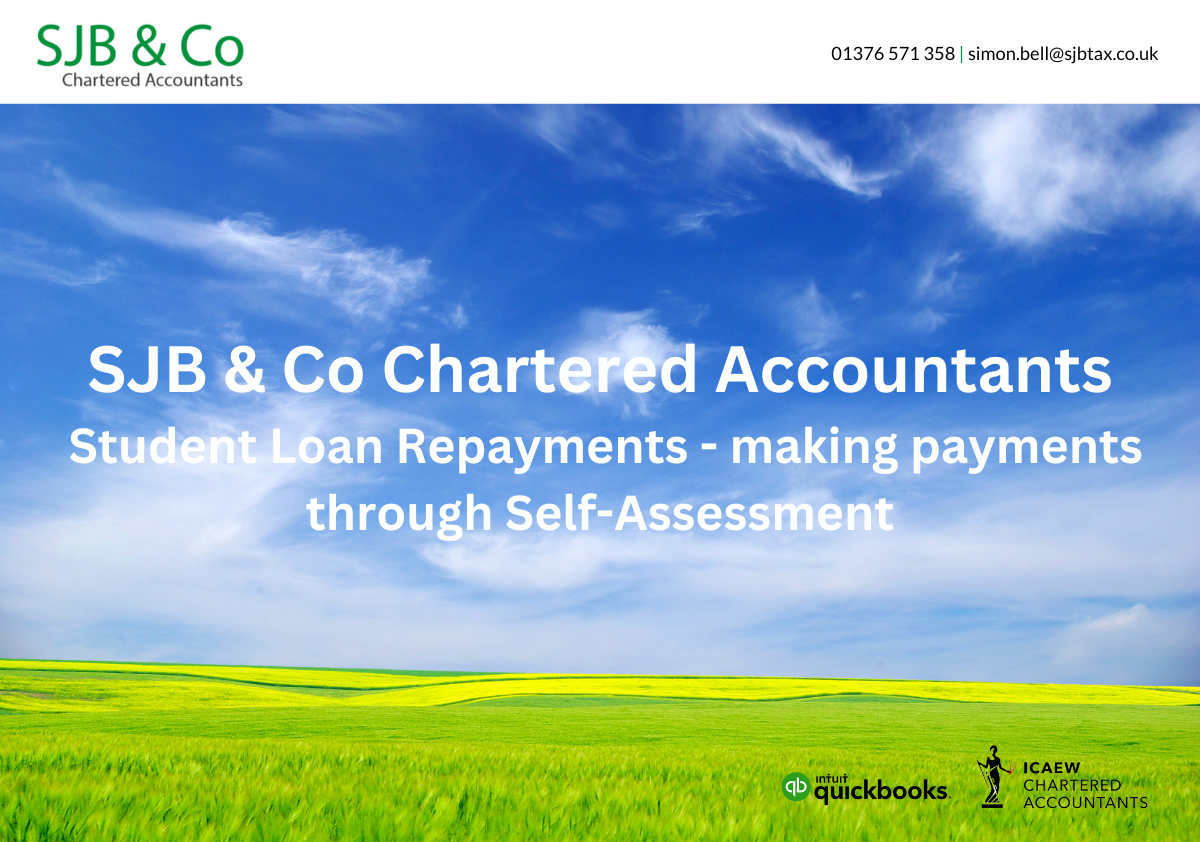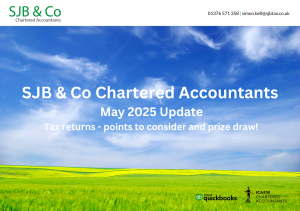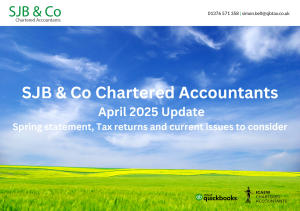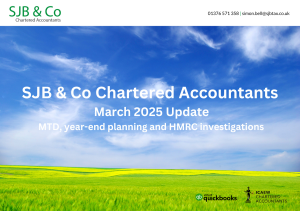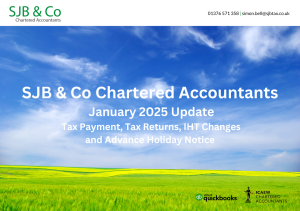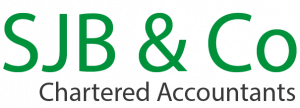| Student loan repayments – making payments through Self Assessment |
If you are within Self Assessment and have a student and/or postgraduate loan in respect of which repayments were due to start before the end of the tax year to which the return relates, you will need to complete the student or postgraduate loan section of the return.
Key dates
Self Assessment tax returns must be filed by midnight on 31 January following the end of the tax year to which the return relates. You must file your 2022/23 tax return online by midnight on 31 January 2024.
This note explains how and when student loan repayments may be collected through the Self Assessment system.
Repaying a student or postgraduate loan
If you have a student and/or postgraduate loan, you will need to make repayments in respect of that loan once your income exceeds the threshold for the type of loan(s) that you have.
If you are an employee, your employer will deduct repayments in respect of your student and/or postgraduate loan from your pay and pay them over to the Student Loan Company (SLC).
However, if you are self-employed or have other income, such as taxable dividend income, you may need to complete the student loan or postgraduate loan repayment section of your Self Assessment tax return and makes repayments through the Self Assessment system.
Directors of personal and family companies
If you are a director shareholder of your own personal or family company, you may take a small salary and receive the majority of your income in the form of dividends. If you have a student or postgraduate loan and your salary is below the repayment threshold (as will be the case if your salary is equal to the personal allowance), your company will not need to deduct student or postgraduate loan repayments from your salary.
However, you will still need to make student loan repayments if your gross annual income exceeds the repayment threshold for the type of loan that you have. Your gross annual income will include dividend income and any other income that you may have, such as rental income.
You will normally need to start making repayments from the start of the tax year after you finish your course.
Repayment thresholds for 2022/23
The repayment thresholds for 2022/23 are shown in the table below. You will need to make repayments if your income exceeds the threshold for the loan that you have.
|
Loan type |
2022/23 repayment threshold |
|
Plan 1 student loan |
£20,195 |
|
Plan 2 student loan |
£27,295 |
|
Plan 4 student loan |
£25,375 |
|
Postgraduate loan |
£21,000 |
Student loan repayments are made at the rate of 9% of income in excess of the relevant threshold. For postgraduate loans, repayments are made at the rate of 6% of income in excess of the threshold.
Repayments are paid at the same time as tax due under Self Assessment. For 2022/23, the deadline is 31 January 2024.
Telling HMRC about student loan repayments
You will need to complete the student or post graduate loan repayment section of your Self Assessment tax return for 2022/23 if the SLC has told you that your repayments were due to start on or before 6 April 2022.
If you have both a student loan and a postgraduate loan, you will need to complete both sections. You will need to indicate on your return whether you are repaying a student loan and, if so, the type of loan, whether you are repaying a postgraduate loan, or both. These boxes may already be completed from information that HMRC have received from the SLC.
If you have made any repayments through an employment, you will need to provide this information when completing your return. You will be able to find details of any student loan deductions on your P60.
Please call if you need help with any of the issues raised in this post.
Please feel free to forward this newsletter to any colleagues or friends who may be interested in it.
For more information or to discuss any issues raised above please contact Simon Bell by phone on 01376 571358 or email [email protected]
This article is written in general terms and therefore cannot be relied on to cover specific situations; applications of the principles set out will depend on the particular circumstances involved and it is recommended that you take professional advice before acting or refraining from acting on any material in the newsletter.
